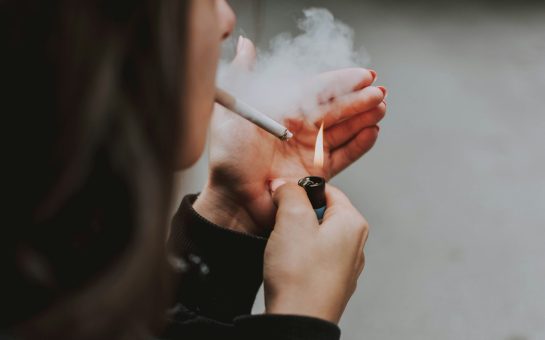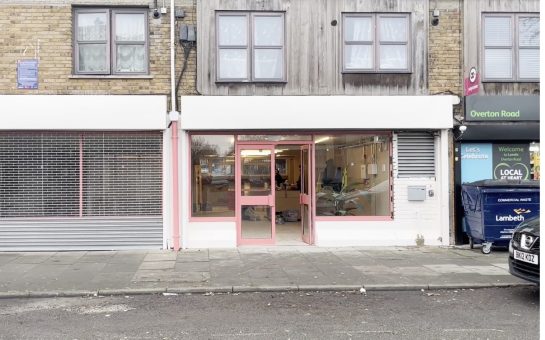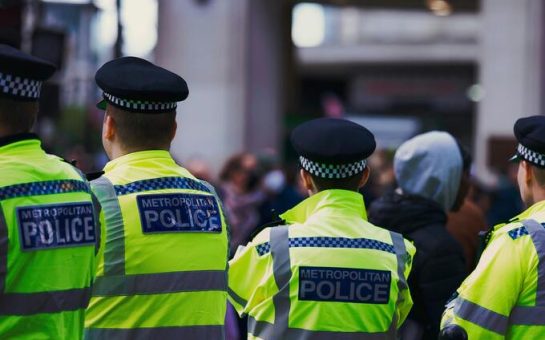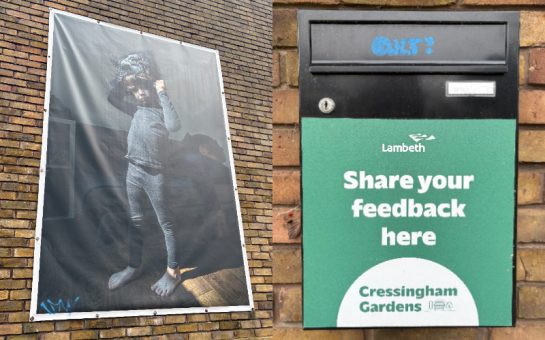A growing dissatisfaction between the African-Caribbean community and the police culminated on April 11

Brixton residents have been sharing their memories of the 1981 riots, exactly 33 years after the mass confrontation between the Metropolitan Police and Lambeth residents.
On April 11 1981, dubbed Bloody Saturday by TIME magazine, confrontation between police and rioters led to buildings being burned down, mass injuries and 82 arrests.
“Everyone was involved. Black, white, everyone,” said one Brixton resident who was on a bus hiijacked by rioters at the time.
He saw a pub being set on fire and recalls everything being out of control, with people of all backgrounds and cultures rising against the police.
“People were being oppressed so much. A lot of people couldn’t get proper jobs,” he added.
“The heavy handed force made resistance stronger.
“There was so much anger. People were setting fire to police vans and throwing bricks at the police. I saw a lot of people get hurt.”
The 1981 riot is thought to have been motivated by a growing dissatisfaction between the local African-Caribbean community and the police.
A police investigation of a suspected racially-motivated house fire that killed several black youths in January that year was criticised as inadequate.
The tension further developed when Metropolitan Police began ‘Operation Swamp 81’, a plainclothes operation to reduce crime. This involved the heavy use of the ‘sus law’, which gave police officers the right to stop and search anyone they believed were acting suspiciously.
The African-Caribbean community believed the police were stopping people without a specific reason and predominately targeting individuals on a racial basis.
After a young man that had been stabbed was thought to allegedly have been left to die by police, youths began to rise up and attack officers on Friday April 10.
Violence erupted again the following day when two police officers stopped and searched a mini cab in Railton Road. Tensions escalated with shops looted, police attacked and buildings and vehicles set on fire throughout the surrounding roads.

“You shouldn’t have to see people getting hurt in order to get your voice heard but people felt there was no other alternative,” explained the man, who wished to remain unnamed.
Fast forward 33 years and Brixton has transformed into a hub of multi-cultural commerce and social gatherings.
Brixton resident, Emanuel Isaac, 54, said: “There have been vast changes here. A lot of people come to hang out when they used to just come here to shop and then leave.
“Brixton is on the up. It’s the best place in south London.”
Earlier today Legal Aid minister Shailesh Vara decided to grant legal aid for the inquest of the death of Cherry Groce, whose death is thought to have sparked the 1985 Brixton riots. This is a victory for her family who delivered a petitioned signed by more than 130, 000 people to Downing Street.
The inquest will open in June.
Photo courtesy of That Photo Bloke, with thanks.
Follow us @SW_Londoner




